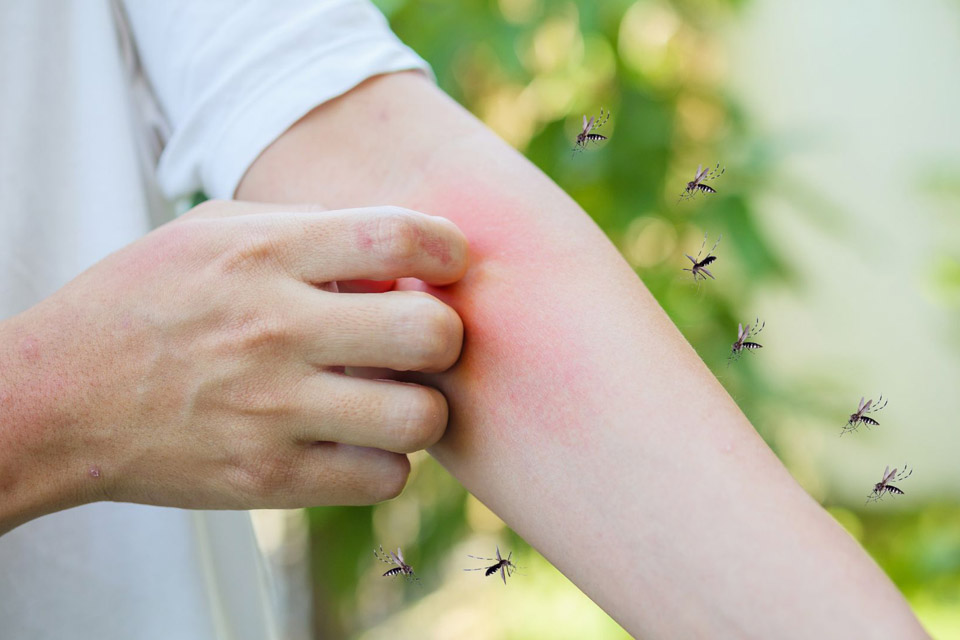Summer is the season of long evenings, garden gatherings, and lakeside relaxation, but unfortunately, it also brings a surge in mosquito activity. While mosquito bites were once merely an itchy nuisance, in recent years an increasing number of mosquito species capable of transmitting infectious diseases have appeared in our region as well. From late June to August, it is especially important to take conscious steps to protect yourself against mosquito bites.
What diseases can mosquitoes transmit?
In Hungary, tropical and Mediterranean-origin mosquito species have also appeared, which may carry dangerous pathogens. Among the diseases they transmit, the three most important are:
- West Nile fever is a viral infection primarily transmitted by Culex mosquito species. In many cases, the disease is asymptomatic, but it can cause neurological complications in people with weakened immune systems or the elderly.
- The Usutu virus spreads in a similar way, mainly from birds to humans via mosquitoes. Although it rarely causes illness in humans, early detection is crucial.
- Dirofilariasis (heartworm disease) is a parasitic infection that has been primarily known in dogs but is increasingly being reported in humans, especially those who spend a lot of time outdoors near water.
These diseases often begin unnoticed, so when symptoms appear, blood tests and laboratory results can provide important clues for an accurate diagnosis.
How can you protect yourself against mosquito bites?
Protecting yourself against mosquitoes is not just a matter of comfort nowadays, but also an important health consideration. It’s advisable to approach protection on multiple levels:
The most straightforward defense is using mosquito nets at home, especially during nighttime hours when most species are active. For outdoor activities, it’s recommended to apply insect repellents to the skin and clothing, preferably natural products (e.g., lemongrass, eucalyptus) or those containing DEET. Wearing appropriate clothing also helps significantly: light-colored, long-sleeved shirts and long pants in the evening can greatly reduce the number of bites.
Protection is especially recommended for young children, the elderly, and those with chronic illnesses, as their bodies may react more sensitively to infections.
Individual efforts also play a crucial role in controlling mosquitos. Standing water is the mosquito’s breeding ground. Wherever there is stagnant water, mosquitoes will multiply. It is advisable to regularly empty or cover all water collectors, rain barrels, garden watering cans, or birdbaths. Keeping your garden and yard tidy is also important, as dense undergrowth, hidden corners, or long grass provide ideal hiding places for mosquitoes.
If you notice a significant increase in the mosquito population around you, it is a good idea to report it to your local municipality or participate in community mosquito control programs.
After a mosquito bite: When should you consider a lab test?
If you notice unusual symptoms after a mosquito bite, such as prolonged fever, headache, muscle pain, rash, or fatigue, it’s advisable to see a doctor and request laboratory testing.
At HR-Pharma’s lab locations in Szeged, we offer blood tests that assess your overall health and check for possible inflammatory conditions.
Don’t let bites overshadow your summer experiences. Protect yourself consciously- and if needed, trust us for reliable lab testing. HR-Pharma is here for you, even in summer.



